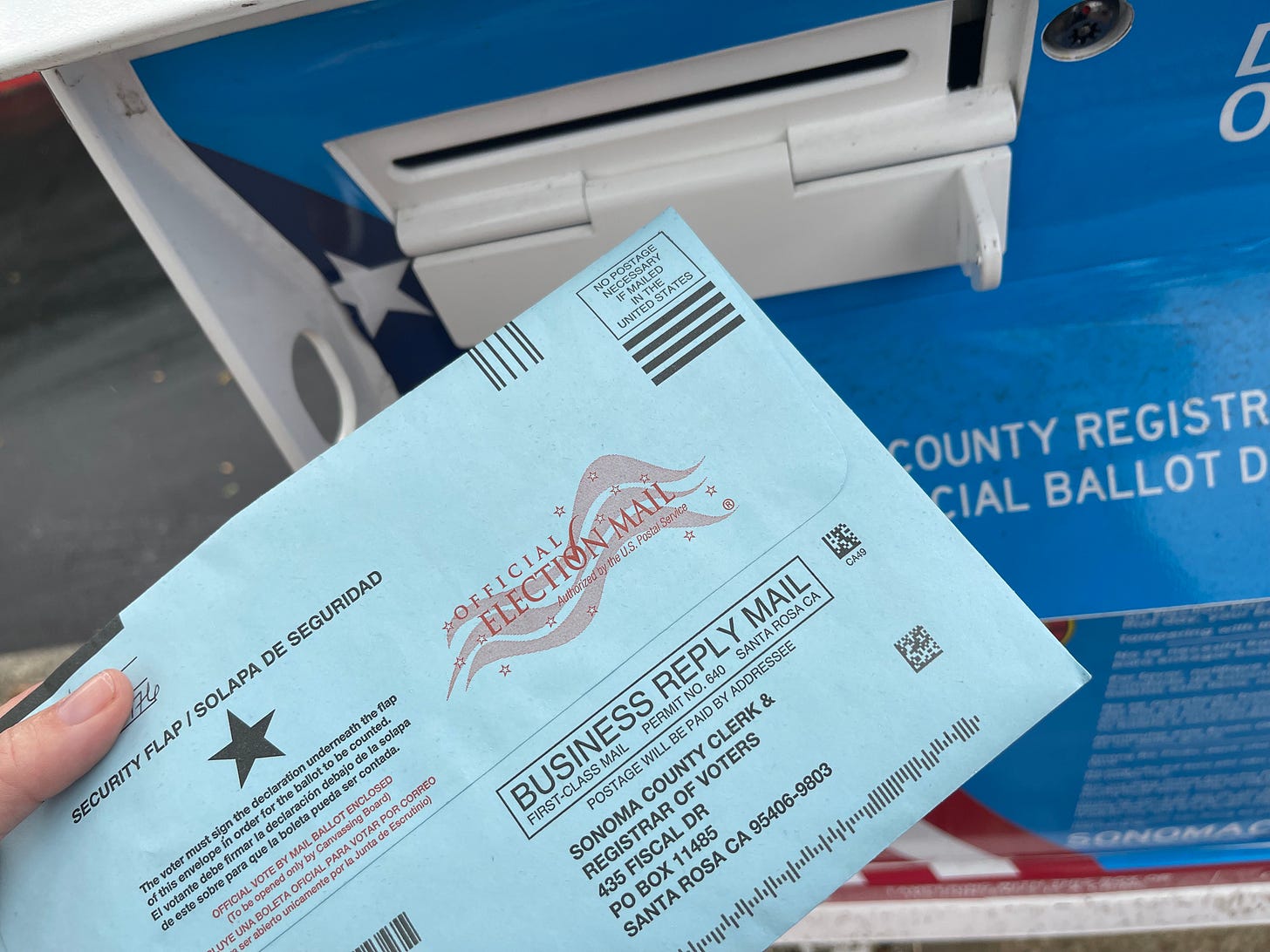Iowa's shoddy new voting laws did not pass muster
We’d be deeply embarrassed to present such shoddy proposals to our bosses, and our lawmakers should be as well.

A few weeks ago, we voted in local city/school elections. In a few weeks more, Iowa’s legislators reconvene for the second half of the 89th legislative session. Last year, they made extensive changes to state voting laws through Senate Files 413 and 568. This was on top of the substantial changes made in 2017’s House File 516. Iowa’s legislators are, of course, state employees--the employees of the voters. Now that we’ve tried all of these changes out for one election, let’s see how well they’ve served us.
What did these laws do? A lot. They modified everything from candidates’ signature requirements to absentee ballot processes. In general, the changes fall within two categories. One set of changes affected the voting process. Examples include shrinking the early voting period from 40 days to 29, then to 20 days; prohibiting your friends from returning your ballot for you; and closing the polls earlier. The other set of changes affected how elections are run. Examples include giving political parties (not just candidates) standing to challenge election results; restricting county auditors’ local control of elections; and adding serious penalties for auditors’ errors.
Why make these changes? There’s controversy here, with many nonpartisan groups asserting that these laws are baldly voter suppression. But Rep. Bobby Kaufmann, one of the bills’ proponents, claims that these laws were designed to “[protect] Iowans’ right to vote and…[add] certainty and security to it.”
“Election security” could mean many things. Legislators said they were focused on preventing voter fraud, that is, stopping someone from stealing another’s ballot or identity.
Voter fraud is extraordinarily rare. In Iowa specifically, there were 12 cases of election misconduct in 2019 and 2020, out of more than 2 million ballots cast during that period. Similarly, 2012-2016 included only 15 felony charges.
We’ll allow our charity to border on naivete by assuming that voter fraud, which occurs in at most 0.0025% of votes, is serious enough to merit action. If so, would these laws address it?
Sadly, they would not. Closing the polls earlier adds no additional security. A mail delay does not make a ballot any less legitimate. And if anything, shortening the absentee ballot process seems likely to make the process less secure, giving auditors less time to follow up on ballot irregularities.
These new restrictions also fail their goal of protecting Iowans’ right to vote.The shorter timeframe for early voting and ballot requests, combined with longer mail delivery times, directly caused more than 500 citizens’ absentee ballot requests to be refused in just 3 of our 99 counties. More than 200 of those citizens didn’t vote, perhaps because they were snowbirds or military personnel and could not come to vote in person. At least 200 Iowans were disenfranchised in a single, off-year election through laws meant to prevent 12 cases of fraud over a two-year period.
Embarrassingly, the 2021 laws were passed while real problems in our state election laws were on national display. The Second Congressional District’s near-draw election was before the House of Representatives. A bill meant to “[add] certainty” to elections should have addressed the inconsistent recount procedures and limited recount resources that were at issue. Nothing in either 2021 law affects either issue.
These changes impose serious costs on Iowans, allegedly in order to fix a rare problem, but through mechanisms unconnected to that problem. And they ignore more pressing issues. We’d be deeply embarrassed to present such shoddy proposals to our bosses, and our lawmakers should be as well. Legislators need to step up, admit their error, and reverse course. You can encourage them to do so by signing the League of Women Voters of Iowa’s petition to repeal these changes (https://www.lwvia.org/petitions). To head off future problems, we should encourage Senators Grassley and Ernst to prevent ill-conceived election meddling by passing the Freedom to Vote Act.
Kelcey Patrick-Ferree and Shannon Patrick live in Iowa.
A version of this piece was published in the Iowa City Press-Citizen on December 10, 2021.

